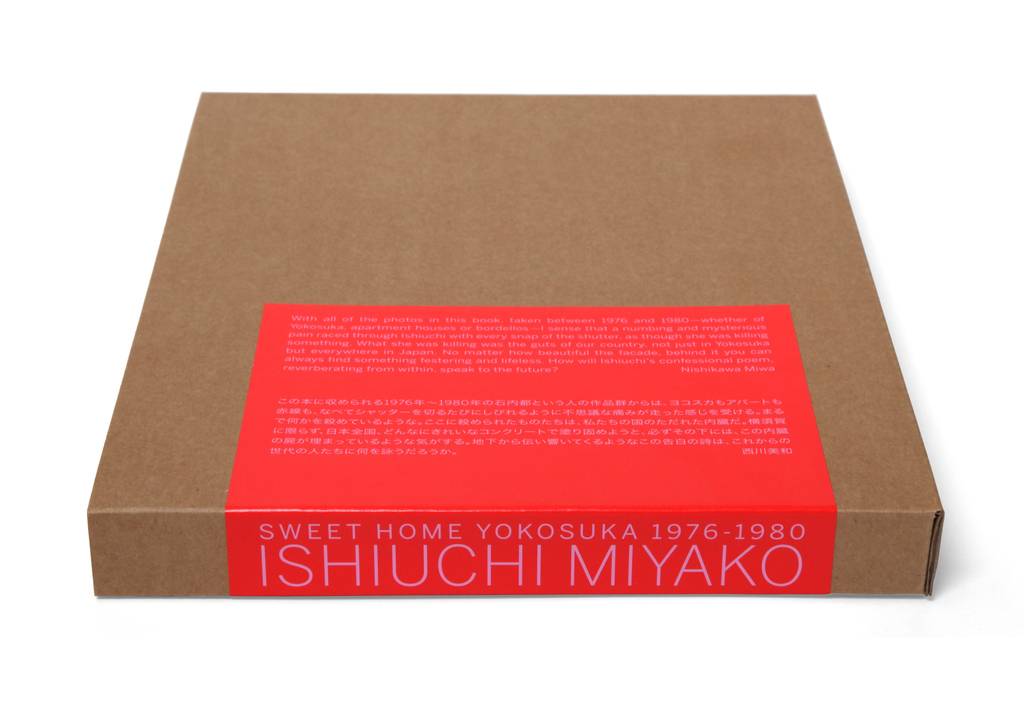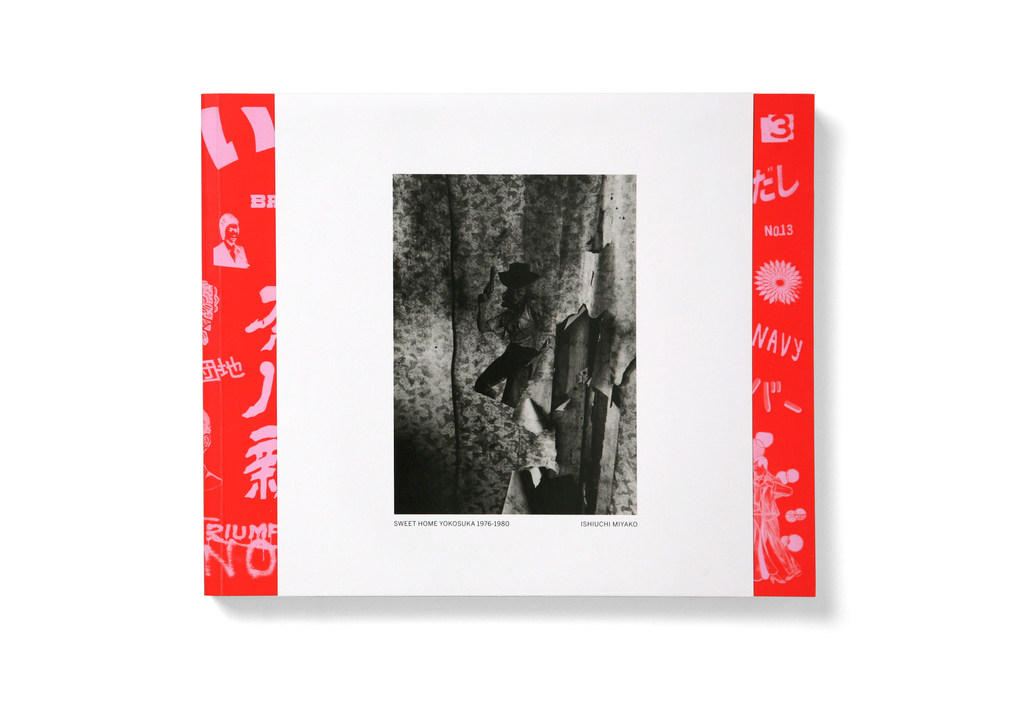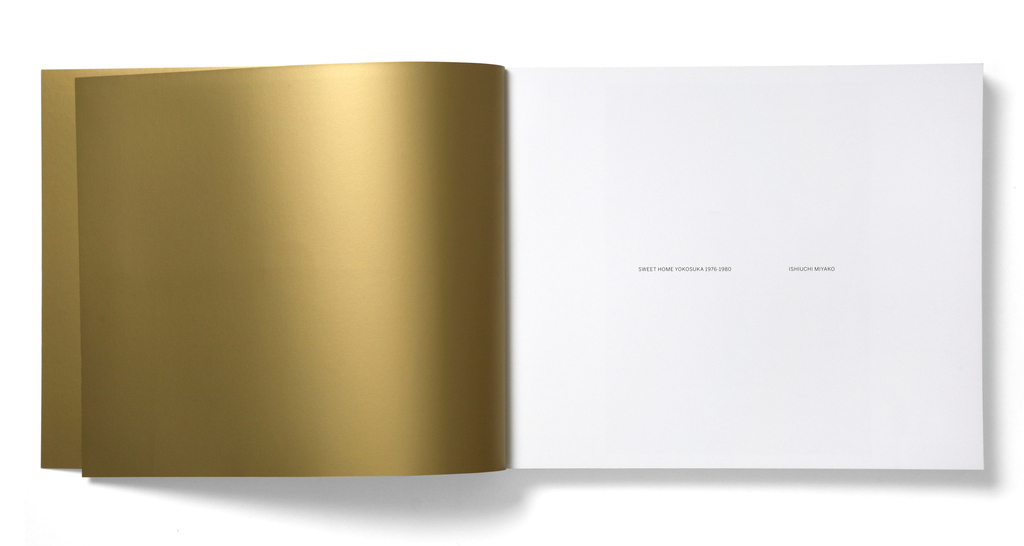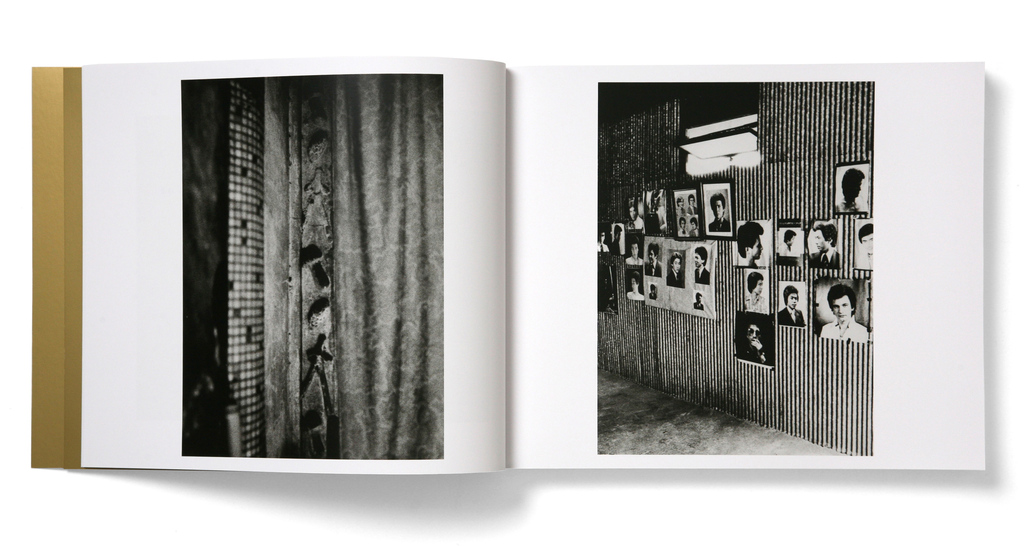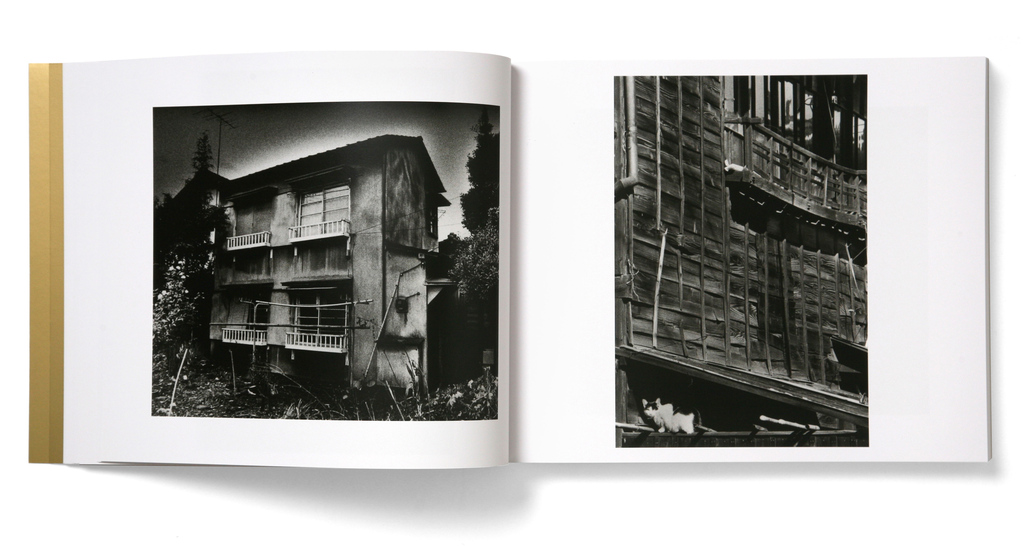Sweet Home Yokosuka
Ishiuchi Miyako
Sweet Home Yokosuka revisits Ishiuchi’s three early works that in retrospect may be considered as a trilogy. Together, the photographs manifest a personal document primarily of her hometown Yokosuka, a place of compromised identity, accommodating two large American Naval bases since the late 1940s.
Apartment documents both exteriors and interiors of new and old dwellings, generally focusing on the buildings themselves not their inhabitants. They are in some respects anthropomorphic portraits of the architecture: The repairs on the walls are like veins, and the cracking and peeling of old paint are like the scars on aging skin. Yokosuka Story describes Ishiuchi’s wanderings in her native city, confronting locations that although changed, still hold the memories of her childhood. Endless Nights documents the popular “love hotels,” as abandoned; the physical structure of the places themselves and their furnishings, stairways, corridors and empty beds echo the intimate stories that unfolded there.
What is most compelling about this work is not necessarily what Ishiuchi photographed or the seductive rendition of reality into black and white, but rather how she conceptualized the act of picture-taking. Ishiuchi was less interested in finding her unique vision, more comfortable “using” the medium as a means to confronting herself and her past. This methodology was reinforced by the ideas discussed among her peers from the Provoke movement, Moriyama, Takanashi and Taki Koji, who questioned whether the photographic medium was capable of capturing any version of empirical truth.
“I sense that a numbing and mysterious pain raced through Ishiuchi with every snap of the shutter, as though she was killing something. What she was killing was the guts of our country, not just in Yokosuka but everywhere in Japan. No matter how beautiful the façade, behind it you can always find something festering and lifeless. How will Ishiuchi’s confessional poem, reverberating from within, speak to the future?” — Nishikawa Miwa.
Ishiuchi Miyako represented Japan in the 2005 Venice Biennale. Her photographs are included in the collections of SF MoMA, MFA Houston, the Getty Museum, ICP, to name but a few.
PPP Editions, 2010
First edition; 1000 copies, the entire edition.
4to.; black-and white photographs; illustrated wrappers; photographically illustrated bellyband; cardboard slipcase.
︎︎︎ Exhibition
First edition; 1000 copies, the entire edition.
4to.; black-and white photographs; illustrated wrappers; photographically illustrated bellyband; cardboard slipcase.
︎︎︎ Exhibition
